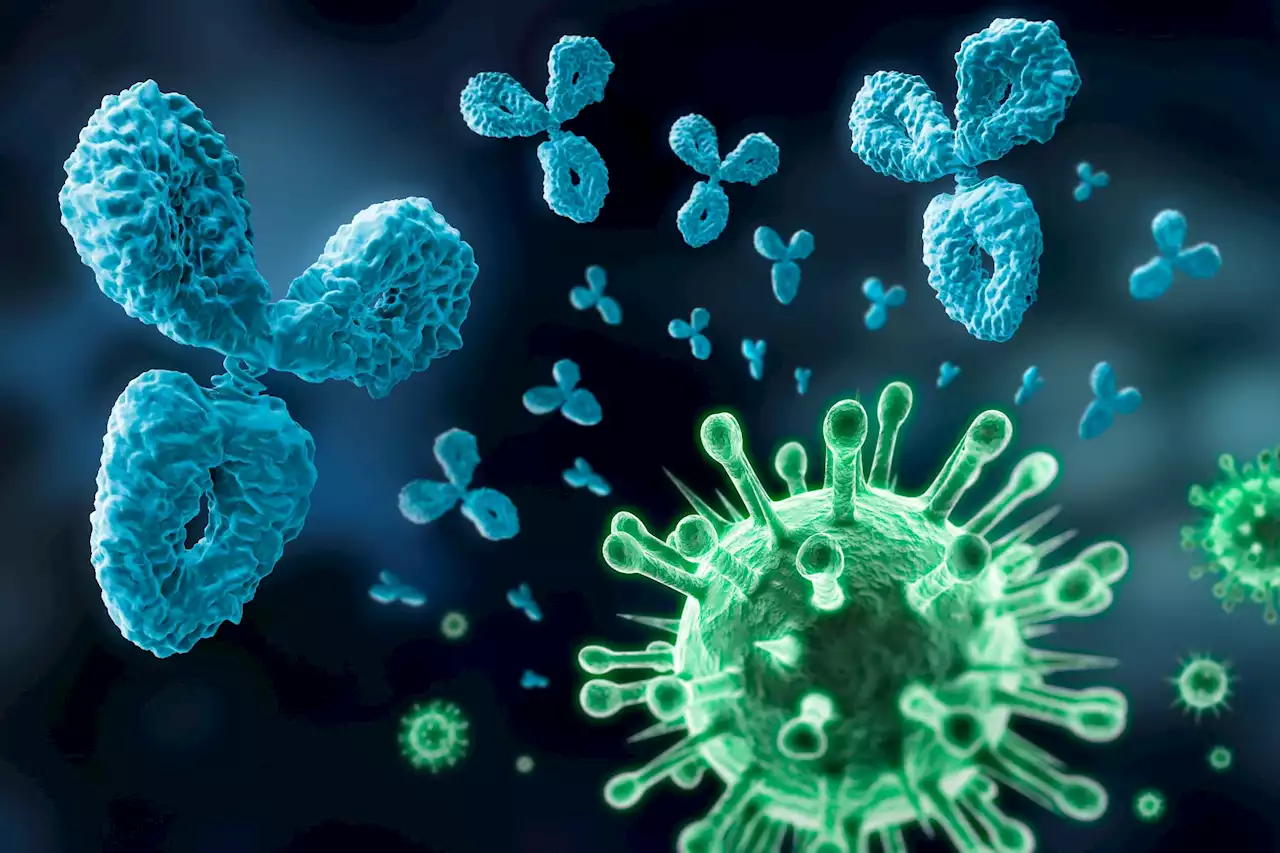ACE2: its diverse functions, relationship with SARS-CoV-2, and the implications for COVID-19 disease sequelae CellCellPress UAlberta IMBA_Vienna ACE2 SARSCoV2 COVID19 coronavirus covid disease
By Bhavana KunkalikarMar 9 2023Reviewed by Danielle Ellis, B.Sc. In a recent study published in the Cell, researchers assessed the role of angiotensin-converting enzyme 2 in the coronavirus disease 2019 pandemic.
SARS-CoV and SARS-CoV-2 are betacoronaviruses, which most likely originated in bats. The spike protein-encoding S gene is the most common locus for recombination to increase receptor binding affinities for ACE2, indicating that evolutionary adaptation of the SARS-CoV-2 receptor-binding domain is essential for cross-species transmission.
SARS-CoV-2 infections facilitated by ACE2 distribution The tropism and variety of extrapulmonary symptoms of SARS-CoV-2 are reliant on ACE2 tissue expression and distribution. Specific to the infectious process and primary viral transmission, ACE2 expression decreases from the nasal epithelium to the lower respiratory tract, correlating with viral infectivity patterns.
Numerous contributory processes, including chronic immunological activation, vascular dysfunction, prolonged dysregulation of tissue ACE2, and autoantibodies, have been hypothesized for the etiology of long COVID. ACE2 dysregulation observed at the time of acute SARS-CoV-2 infection has been related to elevated mortality levels as well as acute myocardial injury.
Nigeria Latest News, Nigeria Headlines
Similar News:You can also read news stories similar to this one that we have collected from other news sources.
 Evaluating SARS-CoV-2 bivalent booster vaccine against severe COVID-19 outcomesIn a recent study posted to the medRxiv* preprint server, researchers assessed the effectiveness of a severe acute respiratory syndrome coronavirus 2 (SARS-CoV-2) bivalent booster vaccine against severe SARS-CoV-2 infection outcomes.
Evaluating SARS-CoV-2 bivalent booster vaccine against severe COVID-19 outcomesIn a recent study posted to the medRxiv* preprint server, researchers assessed the effectiveness of a severe acute respiratory syndrome coronavirus 2 (SARS-CoV-2) bivalent booster vaccine against severe SARS-CoV-2 infection outcomes.
Read more »
 The effect of variation of individual infectiousness on SARS-CoV-2 transmission in householdsHousehold transmission modeling qualified variation of individual infectiousness among infected persons, which could be caused by both biological factors and host behaviors.
The effect of variation of individual infectiousness on SARS-CoV-2 transmission in householdsHousehold transmission modeling qualified variation of individual infectiousness among infected persons, which could be caused by both biological factors and host behaviors.
Read more »
 Long-term gastrointestinal outcomes of COVID-19 - Nature CommunicationsSARS-CoV-2 infection can lead to varied post-acute symptoms in the lungs and other organs, including the gastrointestinal system. Here the authors estimate the risks and 1-year burdens of a set of pre-specified incident gastrointestinal outcomes following SARS-CoV-2 infection in an electronic health care record-based cohort study.
Long-term gastrointestinal outcomes of COVID-19 - Nature CommunicationsSARS-CoV-2 infection can lead to varied post-acute symptoms in the lungs and other organs, including the gastrointestinal system. Here the authors estimate the risks and 1-year burdens of a set of pre-specified incident gastrointestinal outcomes following SARS-CoV-2 infection in an electronic health care record-based cohort study.
Read more »
 Self-directed autoantibodies against certain chemokines may protect against long-COVIDA recent study published in the journal Nature Immunology discovered autoantibodies against chemokines following severe acute respiratory syndrome coronavirus 2 (SARS-CoV-2) infection.
Self-directed autoantibodies against certain chemokines may protect against long-COVIDA recent study published in the journal Nature Immunology discovered autoantibodies against chemokines following severe acute respiratory syndrome coronavirus 2 (SARS-CoV-2) infection.
Read more »
 Early outpatient treatment of COVID-19 with metformin could reduce the risk of developing long COVIDIn a recent study posted to Preprints with The Lancet*, a team of researchers from the United States investigated whether early outpatient treatment of coronavirus disease 2019 (COVID-19) patients with fluvoxamine, ivermectin, or metformin could prevent long coronavirus disease (long COVID).
Early outpatient treatment of COVID-19 with metformin could reduce the risk of developing long COVIDIn a recent study posted to Preprints with The Lancet*, a team of researchers from the United States investigated whether early outpatient treatment of coronavirus disease 2019 (COVID-19) patients with fluvoxamine, ivermectin, or metformin could prevent long coronavirus disease (long COVID).
Read more »
